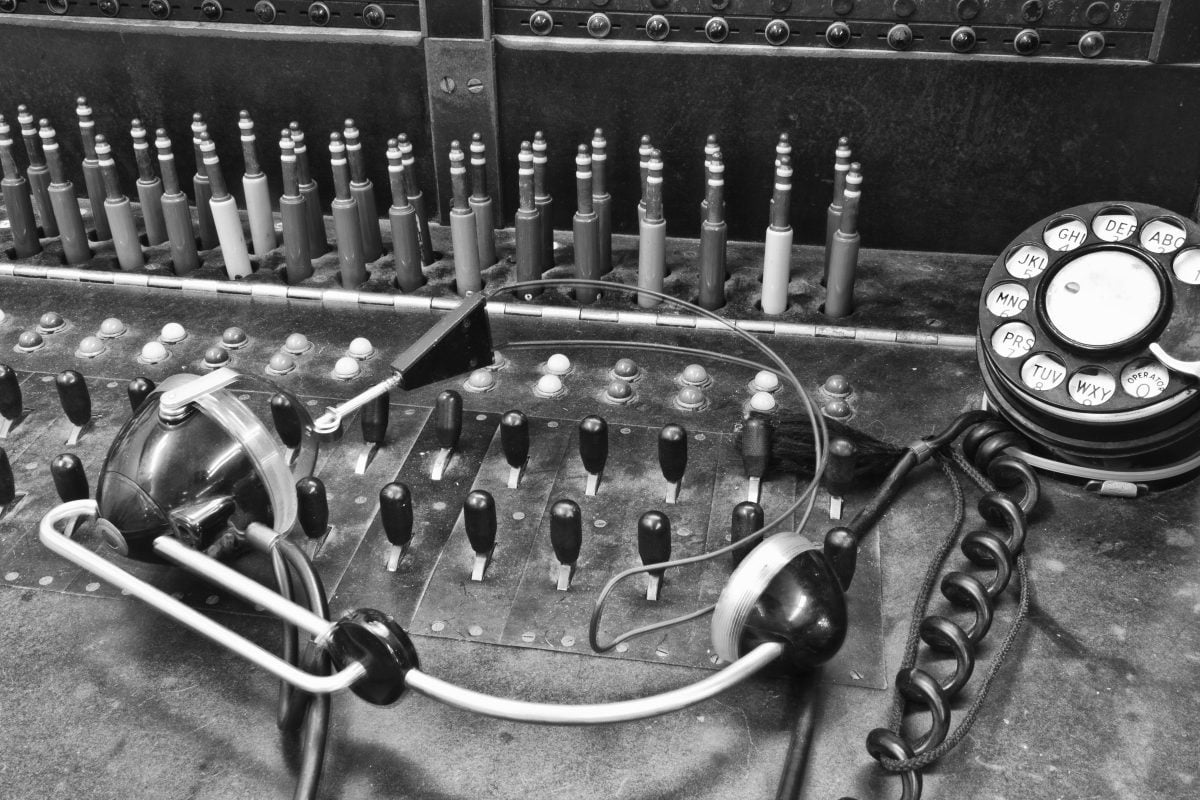
1.) Apple uses operating system upgrades to intentionally hobble older hardware to encourage or force users to buy new devices.
or
2.) Apple does an amazing job of bringing the latest OS improvements to years-old devices, supporting older hardware far longer than any competitor.
Different people can watch Apple’s upgrade cycle—and its affect on the oldest devices—and come up with different opinions. In my opinion, there are two inescapable facts. The first is that no one on the planet does a better job of supporting older hardware. In the Android world, most devices never get a single update, let alone upgrades to new generations of operating systems.
The second is that the oldest generation of devices supported by any given upgrade are going to run it the least well. Often, it might even be slower performance than the previous operating system offered.
Putting that second point another way: duh. Older hardware with older processors and other components are slower than newer devices.

Old Telephone Equipment
Damned If You Do. Or Don’t.
Jeff Gamet and I discussed this issue during Friday’s Daily Observations. The point I kept circling back to was how Apple is damned no matter what, at least by a subset of customers.
In the current state of affairs, some customers feel like Apple is intentionally hobbling their devices, as noted by a Computer Business Review article about a SumOfUs.org petition. For the record, those complaints are unfounded in my opinion.
If Apple isn’t doing it on purpose, the company could choose to support one less generation of devices with each upgrade to mitigate these complaints. Of course, some owners would then complain Apple is leaving them behind. The same would be the case if Apple disabled more and more OS features on older hardware to ensure adequate performance.
It’s not exactly a no-win scenario—Apple generally-speaking wins. But it is a scenario where someone is bound to be displeased with whatever Apple does.
The Future
I personally appreciate that Apple pushes the boundaries with its operating system improvements, designing for the newest hardware. That may be easy for me to say since my job requires that I have that newest hardware, but this is quintessential Apple.
The company pushes boundaries, relentlessly ditches the past, and has little or no loyalty to much of anything. Apple focuses on the now and on tomorrow. It doesn’t care about yesterday. For us customers, that is sometimes painful, like when Apple jettisons a port or something else we’ve grown comfortable with.
But it’s also Apple’s biggest strength. Its relentless focus on improvement is a big part of why we love Apple devices.
In that no one can make everyone happy, I think Apple’s path for operating system upgrades and support for older hardware strikes the best balance possible.
1.) Apple uses operating system upgrades to intentionally hobble older hardware to encourage or force users to buy new devices.
or
2.) Apple does an amazing job of bringing the latest OS improvements to years-old devices, supporting older hardware far longer than any competitor.
Different people can watch Apple’s upgrade cycle—and its affect on the oldest devices—and come up with different opinions. In my opinion, there are two inescapable facts. The first is that no one on the planet does a better job of supporting older hardware. In the Android world, most devices never get a single update, let alone upgrades to new generations of operating systems.
The second is that the oldest generation of devices supported by any given upgrade are going to run it the least well. Often, it might even be slower performance than the previous operating system offered.
Putting that second point another way: duh. Older hardware with older processors and other components are slower than newer devices.

Old Telephone Equipment
Damned If You Do. Or Don’t.
Jeff Gamet and I discussed this issue during Friday’s Daily Observations. The point I kept circling back to was how Apple is damned no matter what, at least by a subset of customers.
In the current state of affairs, some customers feel like Apple is intentionally hobbling their devices, as noted by a Computer Business Review article about a SumOfUs.org petition. For the record, those complaints are unfounded in my opinion.
If Apple isn’t doing it on purpose, the company could choose to support one less generation of devices with each upgrade to mitigate these complaints. Of course, some owners would then complain Apple is leaving them behind. The same would be the case if Apple disabled more and more OS features on older hardware to ensure adequate performance.
It’s not exactly a no-win scenario—Apple generally-speaking wins. But it is a scenario where someone is bound to be displeased with whatever Apple does.
The Future
I personally appreciate that Apple pushes the boundaries with its operating system improvements, designing for the newest hardware. That may be easy for me to say since my job requires that I have that newest hardware, but this is quintessential Apple.
The company pushes boundaries, relentlessly ditches the past, and has little or no loyalty to much of anything. Apple focuses on the now and on tomorrow. It doesn’t care about yesterday. For us customers, that is sometimes painful, like when Apple jettisons a port or something else we’ve grown comfortable with.
But it’s also Apple’s biggest strength. Its relentless focus on improvement is a big part of why we love Apple devices.
In that no one can make everyone happy, I think Apple’s path for operating system upgrades and support for older hardware strikes the best balance possible.
[Source:-Apple Mac Observer ]





